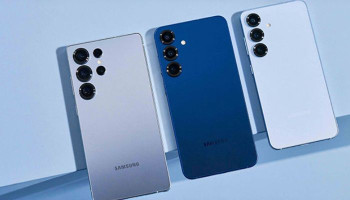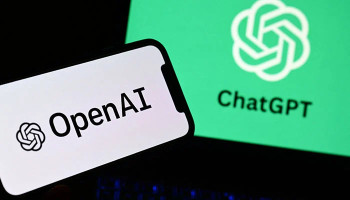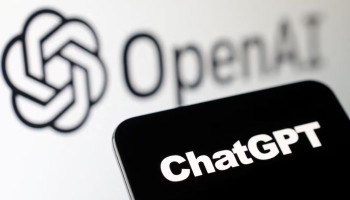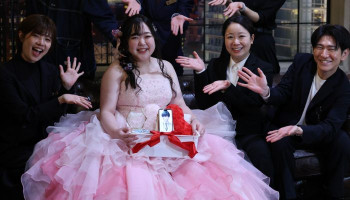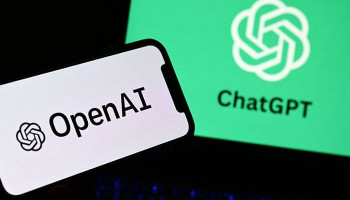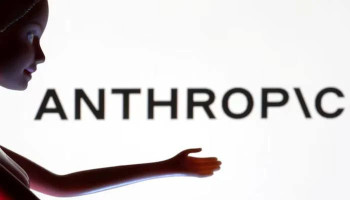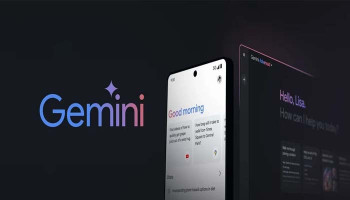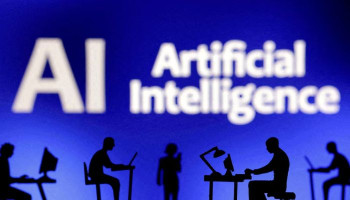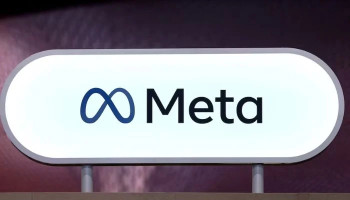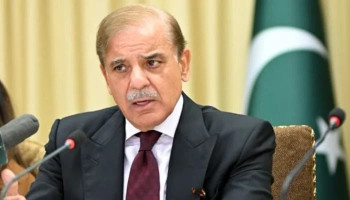
The UK Supreme Court recently addressed a significant legal challenge posed by Stephen Thaler, the founder of the AI system DABUS, who sought to designate AI as the inventor of innovative concepts. This challenge centred around a food container and a flashing light beacon.
Inventor aligns with US Precedent
In a unanimous decision, the UK Supreme Court rejected Thaler's petition, mirroring a similar outcome in the United States. Thaler had previously lost an appeal with the US Patent and Trademark Office, and the US Supreme Court opted not to review the case.
The court's judgment highlighted the absence of a legal framework that formally recognises a machine as a creator. Judge David Kitchin emphasized the case's unique nature involving autonomously generated concepts by DABUS, prompting discussions about the legal status of AI-generated material and its implications for patent law in both the UK and the United States.
Read more: 11 nonfiction writers join lawsuit against OpenAI, Microsoft over copyright infringements
Background
The UK Intellectual Property Office (UKIPO) had rejected Dr Thaler’s patent applications, deeming them to be withdrawn, on the ground that they did not comply with section 13 (2) of the Patents Act 1977, which requires the applicant to identify a person as the inventor and to indicate how they derived their right to be granted the patent.
The UKIPO held that an inventor must be a natural person and that a machine cannot have any legal personality, rights or interests.
Dr Thaler appealed the UKIPO’s decision to the High Court and the Court of Appeal, but both courts upheld the UKIPO’s approach, finding that the Patents Act does not provide for the grant of a patent without a named human inventor and that the purpose of identifying the inventor is to satisfy their moral right, which only applies to natural persons.
Dr Thaler then appealed to the UK Supreme Court, which heard the arguments on 2 March 2023. The Supreme Court had to decide whether the Patents Act requires a person to be named as the inventor in all cases, whether the Patents Act provides for the grant of a patent without a named human inventor, and whether the owner, creator and user of an AI machine is entitled to the grant of a patent for an invention made by that machine.





